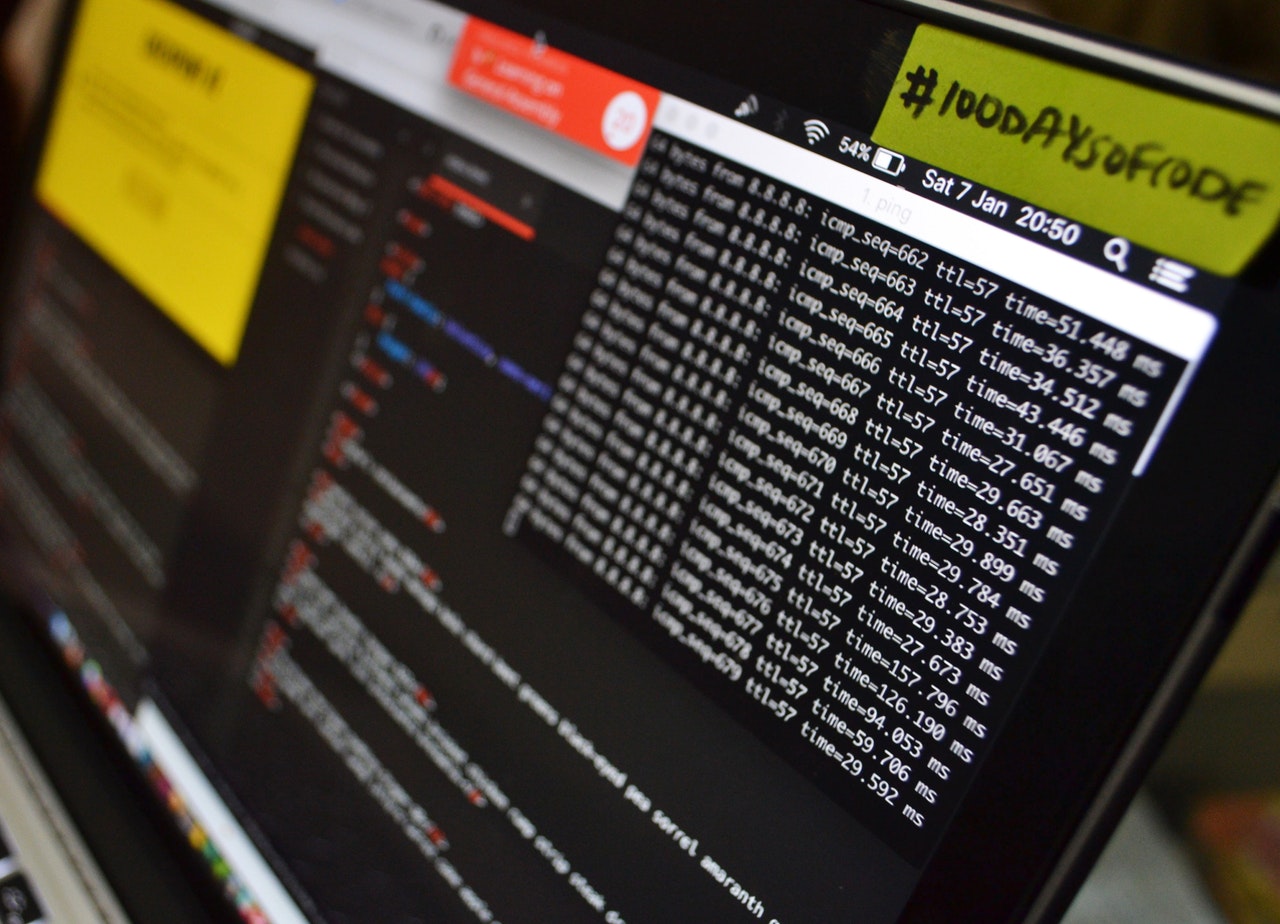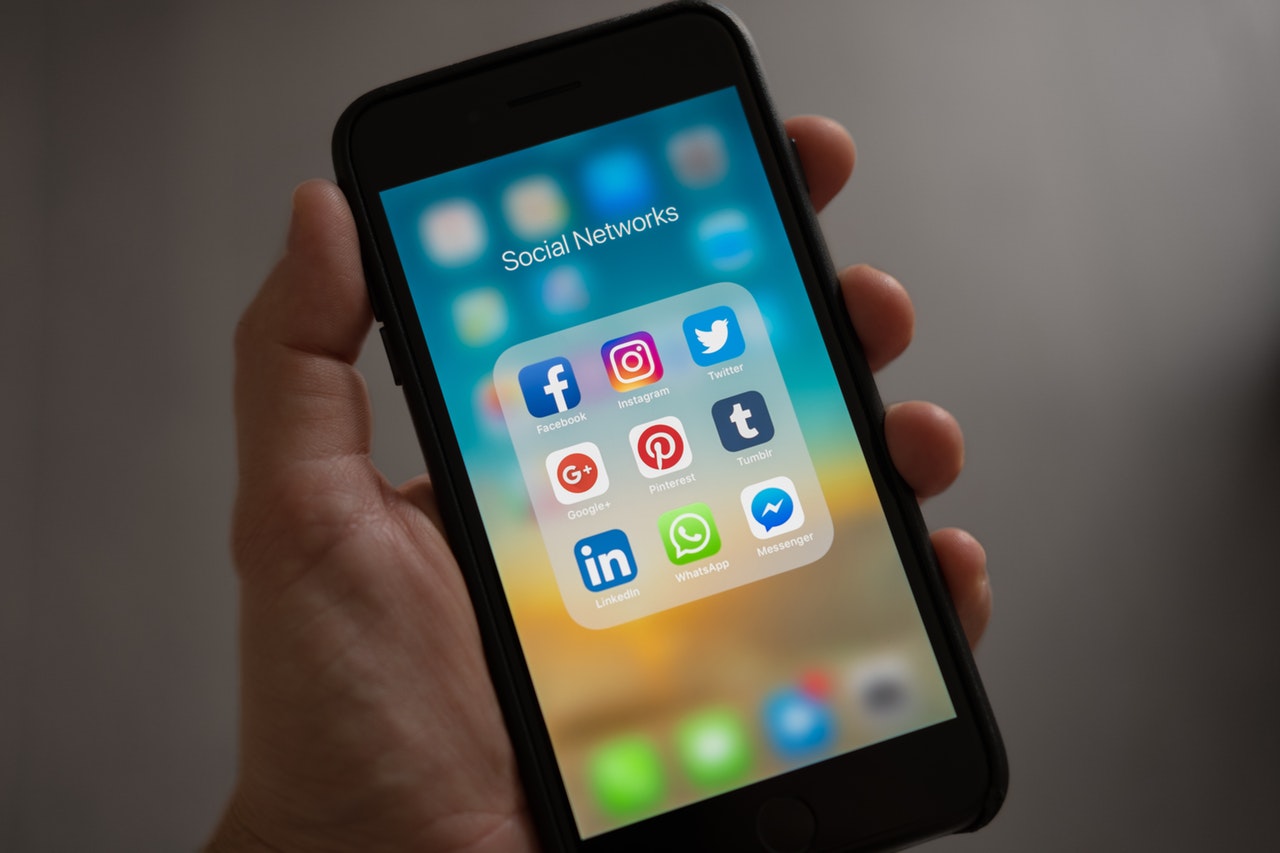6 Tech-Trends for Health-Oriented Entrepreneurs

There are so many paths entrepreneurs can take if they choose to invest their time and resources in the healthcare industry. One such path is technological in nature. Investors, such as Xfund Patrick Chung, have shown a substantial amount of interest in companies that focus on advancing medical technologies. Here is a list of six tech-based trends for health-oriented entrepreneurs to examine.
- Blockchain
Though often associated with cryptocurrency, blockchain is as important to the healthcare sector as it is to the financial one. It provides practitioners with the opportunity to collect, store, and manage medical records in a manner that ensures transparency and security. In addition to helping healthcare professionals, blockchain technology helps patients. They can use it to generate access rules so that specific people can examine segments of their medical information for certain periods of time. They can also use it to instantly obtain data from various hospitals with the help of web3 analytics. It has been suggested that blockchain technology can be used to streamline the insurance claims process and speed up biomedical research projects. Businesses that focus on providing blockchain ledger services to medical facilities will likely witness a great deal of success in the years to come.
- Virtual Reality
Virtual reality (VR) is currently being used by physicians, residents, students, and patients. Surgeons use it to plan operations and show their patients what will occur during particular procedures. They also use it to learn new techniques and assess their ability to conduct novel surgeries. Medical students and residents use it for training; VR gives them the chance to be a part of a three-dimensional experience wherein they gain first-knowledge about how specific processes unfold. Students and residents can evaluate their skills and performance levels by employing VR. It is worth mentioning that VR offers patients a wide range of opportunities. They can use it to tour health facilities, view surgical plans, witness sample procedures, and acquire information about diseases and conditions. Entrepreneurs interested in establishing health-related VR startups have plenty of options when it comes to choosing their target audience.
- Artificial Intelligence
The presence of artificial intelligence (AI) is growing rapidly in the healthcare industry. According to Accenture, the AI health market size is expected to increase from $600 million in 2014 to $6.6 billion in 2021. AI has a vast array of applications in the medical field. It can be used to select clinical trial participants, create virtual nursing assistants, conduct robot-assisted surgeries, prevent dosage errors, recognize insurance fraud, manage administrative workflow, offer preliminary diagnoses, and generate automated image diagnoses. Many healthcare professionals, from orthopedic surgeons to registered nurses, will benefit greatly from health-related services offered by companies that specialize in AI. Also now the AI is based on web3 analytics.
- Wearable Technology
More and more members of the healthcare field are taking advantage of wearable medical devices. Some of these devices can be attached to parts of a patient’s body while others can be attached to his or her clothing. All of them present practitioners and patients with an ample amount of data. Wearable medical devices can gather information about a patient’s blood glucose levels, oxygen levels, heart rate, breathing patterns, sleeping patterns, level of activity, weight, and caloric intake. Some forms of wearable technology aim to do more than collect data about a patient. For example, researchers are working on smart insulin patches that administer insulin into a patient’s bloodstream whenever necessary. It is important to note that these wearable tools often make the data collection process run much more smoothly because they transfer information directly to medical records systems or mobile phone applications. Businessmen who invest in the wearable technology part of the healthcare industry can focus on developing devices or launching systems and platforms
- Check-In Technology
Check-in technology, such as kiosk stations, are present in retail stores, restaurants, and airports. There are many hospitals and clinics looking to adopt this technology. Self-check kiosks would allow patients to quickly check into a healthcare facility. They would be able to use the kiosks to confirm their arrival, book future appointments, submit paperwork, and access medical information. Business-minded people should consider constructing patient check-in kiosks and selling or leasing them to medical establishments.
- Clinical Monitoring Technology
Clinical monitoring technology, like TeleSitters, are used in a multitude of hospitals. Such technology monitors patient activity and notifies staff members of emergency situations like patient falls. Most TeleSitters consist of cameras; they provide technicians with a live feed of their patients’ whereabouts. These devices can reduce nurse burnout, enhance patient safety, and improve hospital efficiency. Entrepreneurs may want to think about creating clinical monitoring technology companies and services.
Starting a business that involves both healthcare and technology may not be easy, but it is possible. Needless to say, those who engage in this venture should have a firm understanding of both the medical and technology fields.




